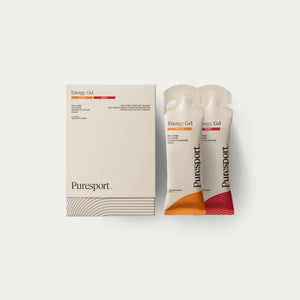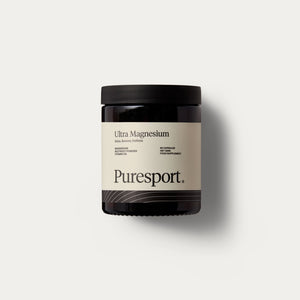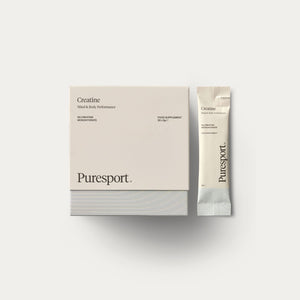Some of the more surprising supplements are the ones that we commonly use in cooking, like turmeric and black pepper. Ginger joins those two standouts as a culinary ingredient that can potentially also support your health. Is ginger good for you? We’re going to find out over the course of this article.
What is Ginger Root?
The ginger flower itself is also known as Zingiber officinale, and it is a flowering plant in which the root is used as a spice or medicine. The Zingiberaceae family contains several other plants that spices are made from, including turmeric, galangal, and cardamom. Evidence suggests that ginger originated in Austronesia.
Ginger is actually not a wild plant, but rather a cultiver. This means that it has been selectively bred by human beings over the course of its existence. It was first domesticated by Austronesian peoples, and the plant either had its roots used as a spice or it was eaten on its own. As with turmeric, ginger was used in Austronesian religious rituals.
Eventually, Austronesian peoples brought ginger to India, where it was cultivated on a larger scale. This eventually led to ginger root being one of the first spices that was brought to Europe, and we have records of both Ancient Greeks and Ancient Romans being exposed to ginger.
What is Ginger Good For?
Nausea
Both stem ginger and root ginger can be used to help with nausea. Studies have determined that ginger is able to help with a wide range of different forms of nausea. Some studies have gone over ginger’s ability to help with nausea resulting from chemotherapy, but its true effectiveness in this case has yet to be determined through human studies.
One of the more common uses of ginger and ginger oil is to help treat morning sickness in pregnant women. A review of 12 studies about ginger and morning sickness determined that it can help reduce the effects of nausea, though with the caveat that it may not help cut down on the amount of vomiting that pregnant women deal with.
Helps Regulate Blood Sugar Levels
Another one of the health benefits of ginger is that it can help cut down on the blood sugar levels of people who suffer from type 2 diabetes. One study found that ginger (when administered in the form of two grams of powder per day) was able to cut down the fasting blood sugar levels of type 2 diabetes patients by 12%.
Other studies have determined that ginger can also affect the presence of apolipoproteins and MDA, which are both indicators for heart disease. MDA (malondialdehyde) is an indicator of oxidative stress, as it is produced by the body as a reaction to it, hinting at ginger’s antioxidant properties.
Lowered Cholesterol
Of the two types of cholesterol (HDL and LDL), LDL is the bad one, and it has been linked to an increased likelihood of heart disease. Ginger shot benefits include the ability to reduce LDL levels.
Studies have shown that ginger can potentially reduce the levels of LDL in your system. For example, this study determined that 5 grams of ginger powder per day could drop LDL levels by over 17% in three months.
This isn’t the only study that supports this claim, as a study that was conducted in 2008 found that LDL cholesterol levels dropped by 10% in 45 days after the participants received 3-gram capsules of ginger powder every day. One thing to consider is that the doses in these studies were relatively high.
How to Grow Ginger
To grow ginger, you’ll first need some rhizomes. Most in-store rhizomes are treated with growth retardants, so be sure to soak them overnight. After that, you’ll want to plant the rhizomes about 8 cm deep and about 18 cm apart from each other. The buds should point upwards when you plant them.
How to Make Ginger Tea
To make ginger tea, you’ll need to slice fresh ginger thinly. Use one 2 cm piece per cup of tea you’ll be making. In a saucepan, boil a mixture of ginger and water (1 cup per cup of tea) on high heat and then simmer for 5-10 minutes. Once done, pour the tea over a sieve.
Ginger Side Effects and Who Should Never Use It
Ginger’s main side effects include nausea and dizziness if using too much of a ginger supplement.
Also, due to ginger’s interactions with high blood pressure and diabetes medication, you should avoid using it if you’re currently using any of them.
How to Make Ginger Shots
Chop up about ¼ cup of ginger root and combine it with ⅓ cup of lemon juice, ¼ cup of coconut water, and a pinch of cayenne pepper in a blender. Blend the ingredients and then strain them through a sieve. Pour the shot into your glass of choice and optionally chill it.







